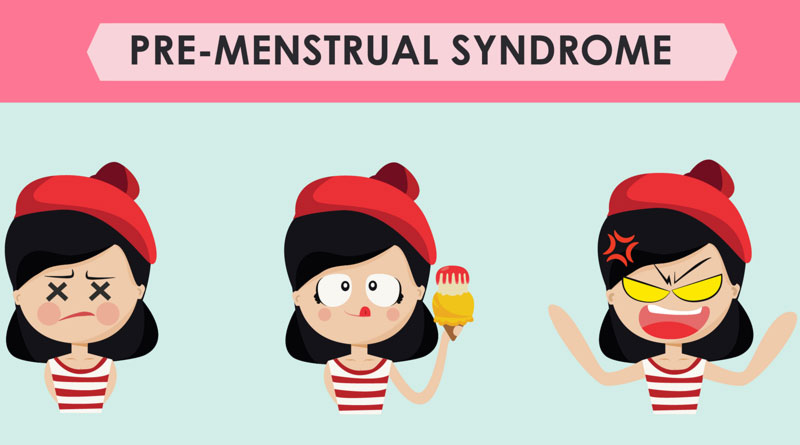Lately, I hear myself echoing many of my female patients: Why am I so tired all the time? Recently, my husband took my 15-month-old son out of town for four days. I felt rested like I haven’t been in the past two years since I became pregnant. And I had the energy to do projects well into the evening. I laughed when my husband was either asleep when I called him at 9 p.m. or kept saying during our phone calls: “Why am I so tired? I thought I was supposed to be on vacation!”
This little personal experiment highlighted for me not only the importance of sleep quantity but sleep quality. For sleep to be restful, it is best for it to be uninterrupted. While I was around, my husband on some level relaxed. He didn’t seem to hear the baby wake up at night and probably slept more deeply.
Unfortunately, a young child is not the only reason why a woman may feel tired throughout her life. Here are several common reasons why women might not sleep well and tips for getting more rest:
Pregnancy and sleep
Most women expect that sleep might be more difficult during the last trimester of pregnancy, but difficulty sleeping can start in the first trimester. There are actually several factors that can influence sleep during pregnancy:
Back pain — This can occur anytime during pregnancy, although it is more common during the last trimester. A good position to learn early in your pregnancy is sleeping on your left side. This position helps to improve blood flow to the uterus and your baby. In this position, put a pillow between your knees to ease tension on the back.
Increased urination — Because of the position of the uterus early and late in pregnancy, your may feel like running to the bathroom, even in the night. Although you should be drinking a lot during the day, decrease the amount of fluids you drink in the evening.
Leg cramps — No specific cause is usually found. Occasionally a woman may have a low potassium, magnesium, or calcium level in her blood. Gently stretching your legs before going to bed can help.
Wild dreams — The hormonal changes during pregnancy can lead to some vivid dreams. If you have particularly scary or anxiety-filled dreams, this can interfere with sleep. Talking them out during the day can ease your mind.
Heartburn — Hormonal changes and the physical pressure of the uterus on the diaphragm can lead to first-time symptoms of heartburn, or worsen heartburn that you already have. In either case, symptoms tend to be worse at night. Try not to eat for two to three hours before going to bed. Limit your intake of spicy and fried or fatty foods, especially at night. If you get hungry or have nausea, eat a few plain crackers. Sleeping on a few pillows or raising the head of your bed several inches also can help.
Tender breasts — Wearing a comfortable bra to bed can ease your symptoms.
Baby kicks — Babies are often most active when we are not moving around. If your baby is particularly active or you are a light sleeper, these kicks can wake you up at night.
Restless leg syndrome (RLS) — This “creepy-crawly” feeling that makes you move your legs can easily interfere with your sleep, even if you don’t remember the feeling in the morning. Sometimes, it’s your bed partner who notices this more than you, especially if you are a big kicker. Iron deficiency is associated with restless legs, and your obstetrician may recommend additional iron supplements if a blood test confirms a low iron level. If that is not the cause, there isn’t much you can do about it while you’re pregnant. Fortunately, it usually goes away after the delivery.
Snoring — Pressure on the diaphragm and increased swelling in your nasal membranes may lead to snoring during pregnancy. Heavy snoring can be accompanied by sleep apnea, when you actually stop breathing for short periods during sleep. Sleep apnea can severely disrupt quality sleep and has been associated with high blood pressure and preeclampsia in pregnant women. So it is important to see your doctor if your partner notices this new symptom.
 Parsi Teb Physical and Mental Health Journal
Parsi Teb Physical and Mental Health Journal 



